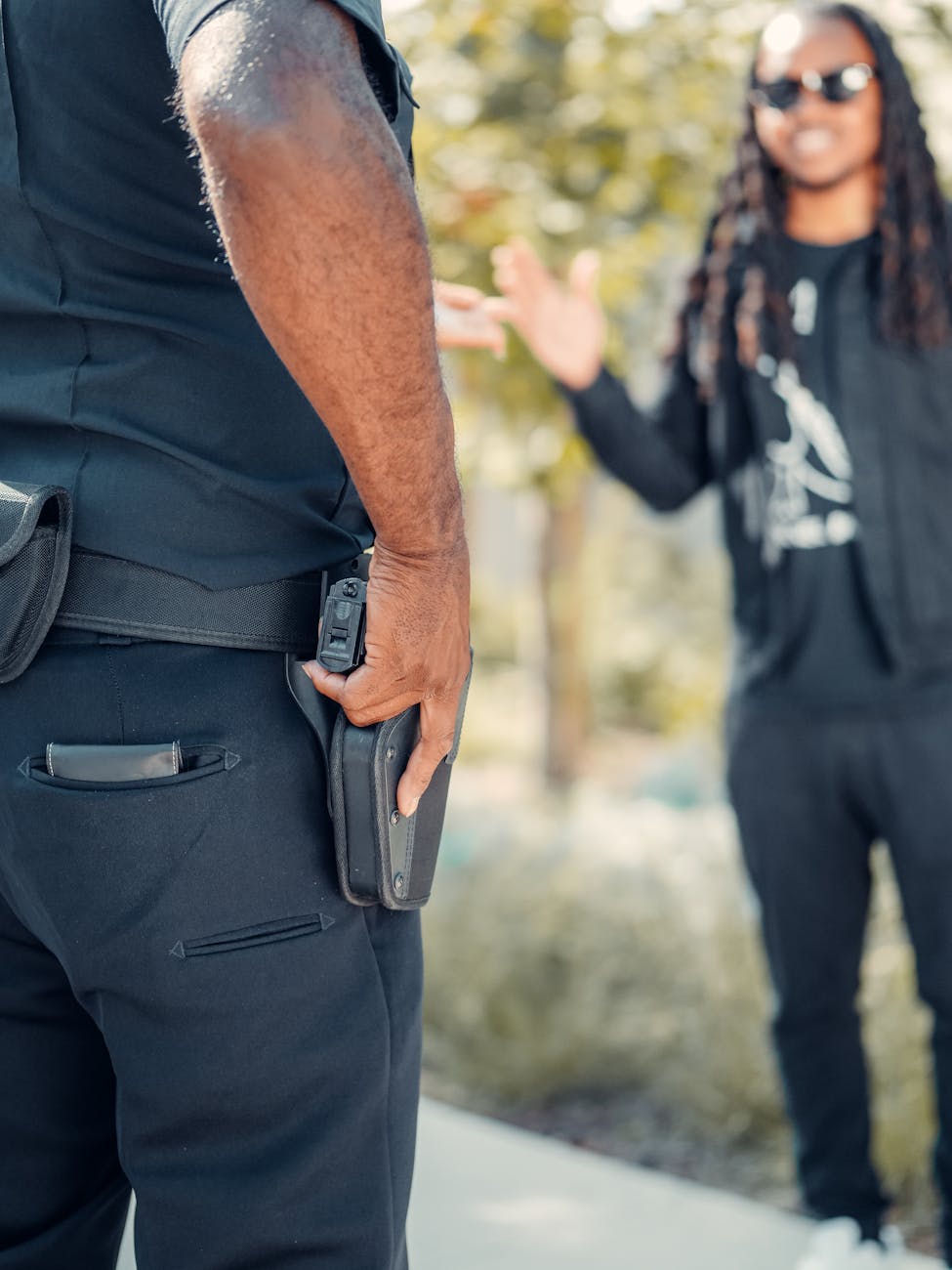Suspect Charged with Aggravated Murder
The suspect in the tragic shooting of Charlie Kirk has been formally charged with aggravated murder. This shocking development has sent ripples through both political and academic communities, particularly given the circumstances surrounding Kirk’s death at a Utah university. The case has now escalated to a level where the prosecutor is actively pursuing the death penalty, a move that underscores the severity of the crime and the public outcry for justice.
Details of the Incident
On the day of the shooting, Kirk was attending a campus event aimed at engaging students in political discourse. This was not just another event; it was part of a larger effort to inspire young people to participate in the democratic process. Instead, it ended in tragedy, raising alarms about the safety of individuals involved in political activism. Eyewitness accounts describe a chaotic scene, with students and staff panicking as the shots rang out, highlighting the urgent need for measures to protect public figures and attendees at such events.
Political Fallout and Calls for Action
In the wake of Kirk’s death, there has been a surge of bipartisan calls to address the rising tide of political violence. The incident has reignited conversations about the safety of public figures and the alarming trends in political rhetoric. Kirk’s death serves as a grim reminder of the potential consequences that can arise from heated political discourse, prompting leaders from across the spectrum to advocate for more peaceful dialogue and a commitment to reducing divisive language. The tragedy has created a rare moment of unity among politicians who typically find themselves on opposite sides of the aisle.
Reactions from Political Leaders
Among those reacting to the incident, former President Donald Trump expressed deep concern over the “radical left” rhetoric that he believes contributed to an atmosphere of violence. This statement reflects a broader narrative within certain political circles that seeks to link aggressive political dialogue with real-world violence. While the incident has been condemned across the board, interpretations of its implications vary widely, highlighting the ongoing tensions in the current political landscape. Some leaders are calling for a reassessment of how political discussions unfold in public arenas, emphasizing that the stakes have never been higher.
The Broader Context of Political Violence
Charlie Kirk’s shooting is not an isolated event; it falls into a disturbing pattern of political violence that has been escalating in recent years. As tensions rise around hot-button issues, the potential for conflict increases, raising questions about the responsibility of public figures and media to foster a more responsible discourse. The legal proceedings surrounding this case will likely serve as a flashpoint for further discussions about accountability, safety, and the role of rhetoric in shaping public perception and action. The chilling reality is that political violence can cross the line from rhetoric to action far too easily, and the consequences can be devastating.
Community Response and Vigil
In the aftermath of the shooting, local communities have come together to honor Kirk’s legacy and advocate for safer political environments. Vigils have been organized, bringing together individuals from various backgrounds and beliefs to pay tribute to Kirk while standing against violence in any form. These gatherings serve as a poignant reminder that, despite differences, many people are united in their desire for a society where political discourse can occur without fear of violence. It’s a call to action that emphasizes the need for a cultural shift in how we engage with one another politically.
Questions
What measures can be taken to mitigate political violence in the future?
How can public figures encourage more respectful political dialogue?
What impact will this case have on the discussion surrounding free speech and accountability?

